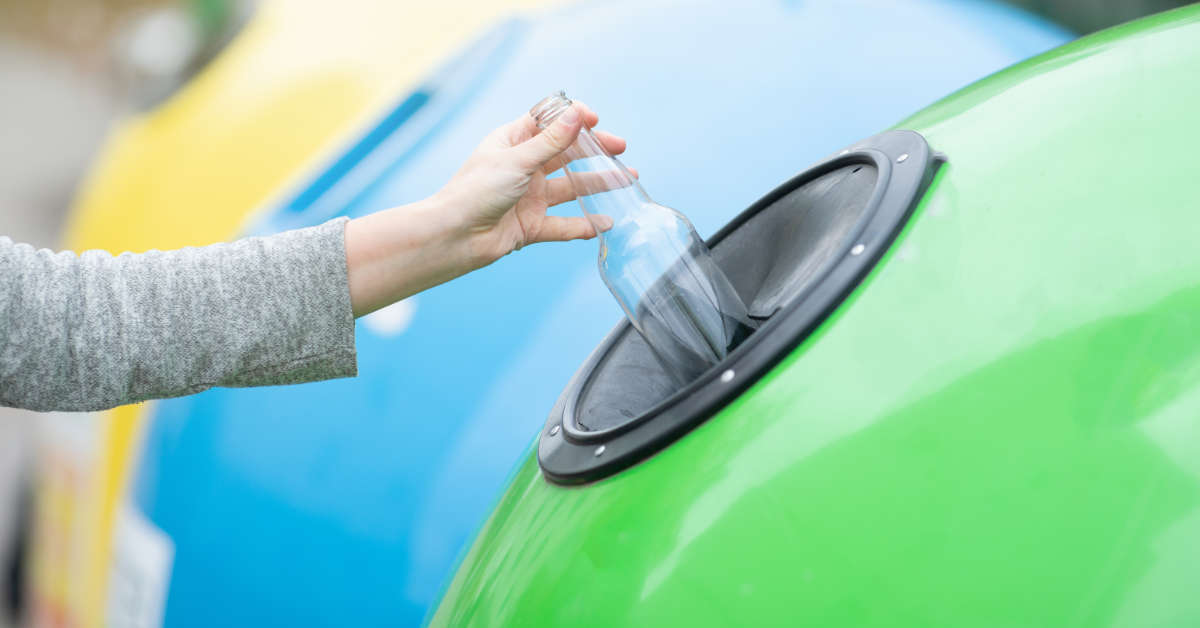The most important structural intervention for the separate collection of glass is about to start. Son of the agreement between CoReVe (Consortium for the Recovery of Glass) and Anci (National Association of Italian Municipalities), the plan envisages an overall investment of approximately 10 million euros, with the aim of making the glass separate collection system even more efficient, also overcoming the disparities between the north and south of the country.
The geographical specificity
The project aims to support local authorities with permanent structural actions, through improvement paths supported by funding for equipment and communication.
The agreement provides for two calls, addressed to the municipalities affiliated with CoReVe, to which it will be possible to join by 30 June 2023. One is dedicated to the southern regions, to which 4 million euros have been allocated, and one to those of the Center-North (2 million).
Funding: media and information campaigns
The participating municipalities will have access to a partial non-repayable loan provided by CoReVe for the purchase of equipment, such as tubs, trolleys and bins. But also for the implementation of territorial projects and for the development of information campaigns to support the separate collection of glass.
In fact, reviewing the habits of citizens on the sustainability front produces virtuous dynamics both in economic terms and in terms of environmental protection.
Economy and sustainability
Extending glass recycling and getting closer and closer to 100% (now we are at 78.6%) could therefore have a double positive impact.
This assumption would in fact produce both direct and indirect energy savings that would favor a strategic decrease in the national energy consumption of gas.
To achieve this, the plan aims to increase the collection of glass cullet by approximately 300,000 tons.
The potential of glass recycling
As anticipated, the CoReVe program evaluates the specificity of the different regions, through a long-term vision, designed to bridge the age-old gap that distinguishes the two Italian macro-areas.
In line with public policies, the plan will favor municipalities ready to engage in the recovery and recycling of glass, as an engine of transition for the country. The municipal projects will be approved by a technical commission made up of representatives of CoReVe and Anci.
To access the funds, public bodies therefore have one year at their disposal. Will Italy be able to respond compactly to maintain its leadership in glass recycling?
Sources: Adnkronos, Repubblica


